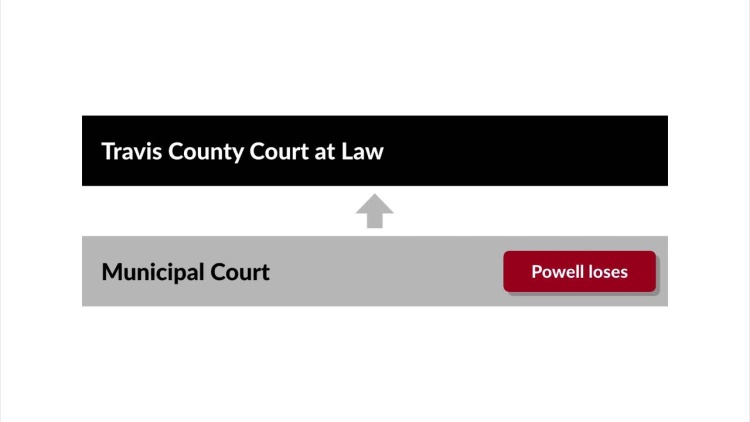Powell v. Texas
United States Supreme Court
392 U.S. 514, 88 S. Ct. 2145 (1968)

- Written by Sara Rhee, JD
Facts
Leroy Powell (defendant) was arrested for public intoxication, in violation of state law. Powell argued that his conduct was unavoidably caused by his disease of chronic alcoholism. He further argued that punishing him for conduct that was symptomatic of his disease would constitute cruel and unusual punishment, in violation of the Eighth and Fourteenth Amendments. In support of his theory, Powell had Dr. David Wade, a certified psychiatrist, testify as to his condition. Wade stated that although there was no clear definition of chronic alcoholism, one who suffered from that condition drank involuntarily. He further stated that Powell was a chronic alcoholic who could not control his behavior because he had a strong compulsion to begin drinking and once he began drinking, he had an uncontrollable compulsion to drink excessively. The trial court held that chronic alcoholism was not a defense to the charge of public drunkenness. It did, however, allow Powell to submit three findings of fact: (1) that chronic alcoholism is a disease that overpowers one’s will to resist the continuous and excessive consumption of alcohol; (2) that a chronic alcoholic who goes out in public does so due to his disease, not out of free will; and (3) that Powell was a chronic alcoholic. Powell was convicted of the charged crime.
Rule of Law
Issue
Holding and Reasoning (Marshall, J.)
Concurrence (White, J.)
Concurrence (Black, J.)
Dissent (Fortas, J.)
What to do next…
Here's why 905,000 law students have relied on our case briefs:
- Written by law professors and practitioners, not other law students. 47,100 briefs, keyed to 995 casebooks. Top-notch customer support.
- The right amount of information, includes the facts, issues, rule of law, holding and reasoning, and any concurrences and dissents.
- Access in your classes, works on your mobile and tablet. Massive library of related video lessons and high quality multiple-choice questions.
- Easy to use, uniform format for every case brief. Written in plain English, not in legalese. Our briefs summarize and simplify; they don’t just repeat the court’s language.





